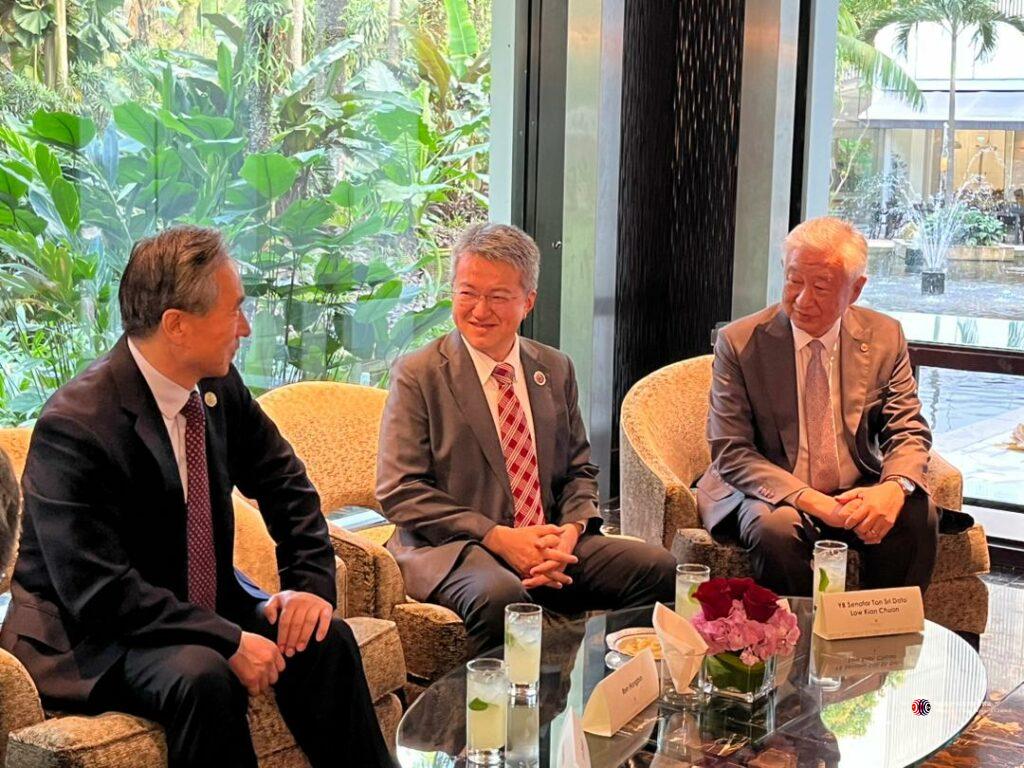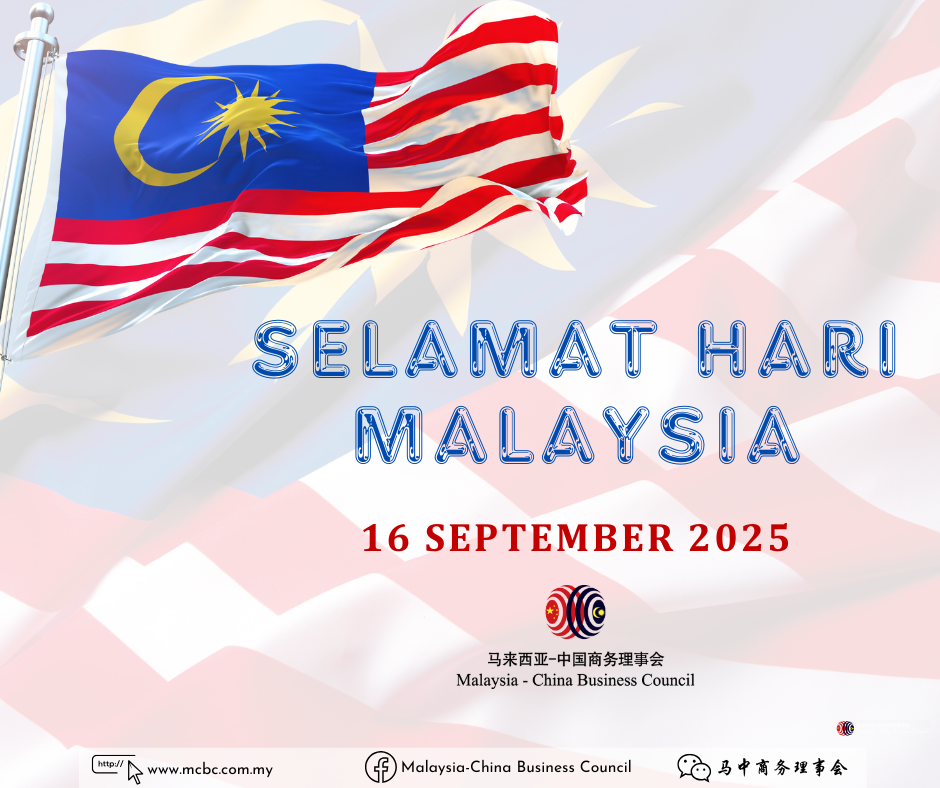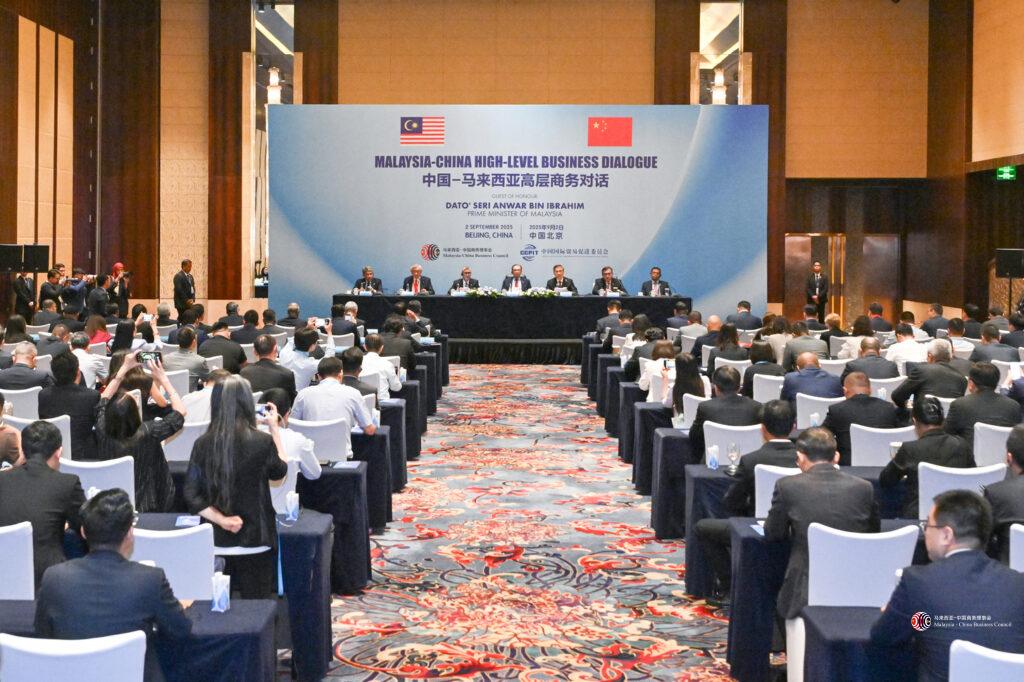(中国‧北京18日讯)大马国家银行在中国北京设立的代表处今日正式启用。
这也是继伦敦和纽约后,国家银行在海外开设的第三间代表处。
国家银行总裁丹斯里洁蒂表示,在中国设立代表处,反映了马中两国显著及长期性的经贸关系。
加强人民币在市场流动
洁蒂今日在国家银行北京代表处开幕仪式上公布3项促进马中双边经贸关系的措施,其中包括为中国在岸银行提供人民币流动资金融资计划。
她说,这项融资计划可为中国在岸银行提供额外管道,帮助有关银行从国行取得或投资人民币,加强人民币在国內市场的流动。
另外,洁蒂指出,第二项措施是符合监管要求的外国金融机构,將获准与本地金融机构以令吉进行贸易活动。
“第三项,国家银行与中国银行签订跨境抵押品措施的谅解备忘录,让金融机构参与国行的人民币流动资金融资。”
根据报导,她说,这是对区域性活跃的金融机构成长的认可,也提高了马中两国的经贸关系,同时也达致两国共识。
中国是第三个与大马国家银行签署跨境抵押品措施的国家,早前分別是在2011年与新加坡金管局,及2012年与泰国中央银行签订相关备忘录。
中国两家银行,包括中国银行及中国工商银行早前在我国设立分行,同时我国的马来亚银行和联昌银行(CIMB)也在中国设立分行。
洁蒂表示,中国领导人近日宣佈的经济转型,有助扩张该国与区域,甚至世界各国的链接。
“这是一项积极正面的发展。”
常青集团执行主席丹斯里张晓卿爵士也受邀出席开幕仪式。
贸长引用“人心齐泰山移” 喻马中须加强合作
国际贸易及工业部长拿督斯里慕斯达法指出,马中两国的双边投资关系出现不平衡的情况,他在国家银行北京代表处开幕仪式上说,根据中国的数据显示,我国从2011年起在中国非金融领域的投资额达到60亿美金,而中方的投资额则为8亿美金。
“中国计划在未来5年投资5千亿美金,以缩小两国的投资差异。”
他说,我国和中国政府建立的马中关丹产业园及中马钦州产业园,是为了催化两国间的投资关系。
此外,他也以中文谚语“人心齐,泰山移”作比喻,表示马中两国共同合作,有助於加强区域的经济成长。
深化金融合作 跨境人民幣业务增长
中国人民银行行长周小川表示,中国与马来西亚的跨境人民币业务將实现增长。
中国央行与马来西亚国行今日签署了谅解备忘录,建立为金融机构提供流动性的跨境抵押安排,这一安排有利於深化两国金融合作,增强市场信心,维护地区金融稳定国际金融危机之后,中国启动了与其他国家和地区的跨境人民币结算业务,作为东盟国家的中国最大贸易伙伴,马来西亚跨境人民币业务近年来取得了迅猛发展。
作为推进跨境人民币结算业务的相关配套制度,中国人民银行和马来西亚国行在2009年签署了双边本币互换协议,並於2012年对协议进行了续签。
文章转引自:马来西亚《星洲日报》,2013年11月19日。BEIJING: Bank Negara opened its representative office in Beijing yesterday, its first in Asia and third one overseas after London and New York, in a bid to increase bilateral trade and investment between Malaysia and China.
The office will serve as an important liaison point with China’s regulators and market players and facilitate the conduct of market research on China’s economic and financial developments.
In a ceremony attended by International Trade and Industry Minister Datuk Seri Mustapa Mohamed, Bank Negara governor Tan Sri Dr Zeti Akhtar Aziz said the central bank’s presence in China’s capital reflected the significant and longstanding financial and economic ties between both countries. In her speech, Zeti also announced three measures to further promote bilateral trade and investment.
A Renminbi Liquidity Facility has been introduced to licensed Malaysian onshore banks to enhance the liquidity of the Chinese currency in the domestic market by providing an additional avenue for banks to obtain or invest in renminbi (or yuan) with Bank Negara.
Secondly, banks in China will be allowed to provide ringgit trade financing in China.
“Thirdly, Bank Negara and the People’s Bank of China (central bank) have signed a memorandum of understanding to establish a cross-border collateral arrangement (CBCA) that would enable financial institutions access to the central bank’s liquidity facilities.
“This is in recognition of the growing significance of regionally-active financial institutions and the increased financial inter-linkages between our two economies as well as in mutual recognition and acceptance of each other’s securities,” said Zeti.
China is the third country Bank Negara has signed a CBCA with, after the Monetary Authority of Singapore in 2011 and the Bank of Thailand in 2012.
At the moment, two of China’s banks, namely Bank of China Ltd and Industrial & Commercial Bank of China Ltd, have established their presence in Malaysia, while Malaysia’s Malayan Banking Bhd and CIMB Group Holdings Bhd are operating in China.
Speaking to reporters later, Zeti said the economic reforms unveiled by the Chinese leaders recently would allow China to have greater connectivity with the region and the rest of the world.
“This is a positive development,” she said.
Mustapa said he looked forward to greater Chinese investment in Malaysia as there was currently an imbalance in bilateral investment cross-flow.
“Malaysia has invested US$6bil (RM19.11bil) in China’s non-financial sector up to 2011, while China has invested US$800mil,” he said.
SOURCE: The Star, 19 November 2013.



